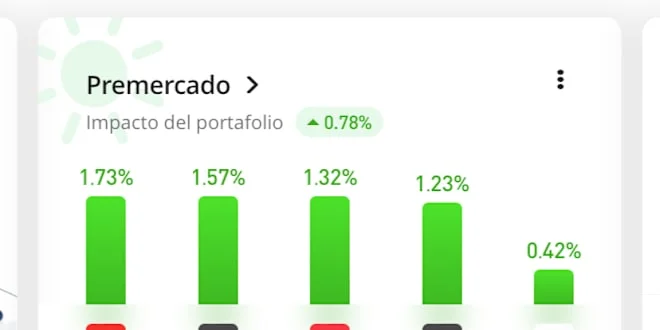BTC Signals Pro | Bitcoin Trading Alerts & Market Insights
BTC Signals Pro | Bitcoin Trading Alerts & Market Insights
IonQ (IONQ), a name increasingly synonymous with quantum computing, recently announced the launch of Geneva's first citywide dedicated quantum network (GQN). The press release is brimming with the usual corporate optimism, highlighting partnerships with CERN, Rolex SA, and various Swiss institutions. The question, as always, is whether this venture justifies the company's lofty valuation and the accompanying hype.
The GQN aims to connect key institutions across Geneva using existing fiber optic infrastructure. IonQ's CEO, Niccolo de Masi, emphasized the company's "pioneering leadership in quantum cybersecurity and communication." This is a bold claim, and it's crucial to dissect what's actually being achieved here.
The network leverages IDQ's quantum key distribution (QKD) and quantum detection systems. Early experiments will focus on distributing entangled photons between the University of Geneva (UNIGE), CERN, and HEPIA. This will enable exploration of quantum information transfer across distances. The press release also mentions the distribution of ultra-precise time signals using CERN's White Rabbit synchronization systems, with Rolex providing the atomic clock technology.
Now, let's be clear: Quantum key distribution isn't exactly new. The concept has been around for decades. The real value lies in its practical implementation and scalability. Hundreds of kilometers of existing fiber optic infrastructure is being used. What's the actual cost of retrofitting this existing infrastructure to accommodate quantum communication protocols? Details on this remain scarce, but the economic viability of large-scale quantum networks hinges on these retrofitting costs.
The fact that Rolex is providing ultra-precise time signals is interesting (and a bit of a flex). But how does this directly translate to revenue for IonQ? Is this primarily a branding exercise to associate IonQ with established, high-precision Swiss brands? It's partnerships like these that may give IONQ stock a boost. We're seeing a lot of movement in quantum computing stocks like Rigetti (RGTI), D-Wave Quantum (QBTS), and others. 3 Monster Stocks to Hold for the Next 3 Years
IonQ's financial performance remains a point of contention. While revenue is projected to grow at a CAGR of 94% to $315 million by 2027, adjusted EBITDA is expected to remain negative. This is typical for companies in the high-growth, high-investment phase, but it requires a leap of faith from investors.

Morgan Stanley's analyst Joseph Moore recently raised IonQ's price target from $32 to $58, implying an 8.7% upside potential. However, he maintains a "Hold" rating, citing the need for "clearer progress in turning its technology into profitable products." This encapsulates the core dilemma: can IonQ translate its technological advancements into a sustainable business model? IONQ Stock Wins a Price Target Hike from Top Analyst Ahead of Q3 Results
The company's focus on algorithmic qubits (AQ) as a metric for quantum computing power is also worth examining. IonQ expects AQ to surge from 64-100 in 2025 to 10,000 in 2027. But what exactly does an AQ mean in terms of real-world problem-solving capabilities? It's a proprietary metric, and its correlation with actual computational advantage remains somewhat opaque. (I've looked at hundreds of these filings, and this reliance on a non-standard metric is unusual.)
Competitors like Nebius Group, previously known as Yandex, are also vying for dominance in the AI and quantum computing space. Nebius projects revenue growth at a CAGR of 233% to $4.34 billion by 2027, driven by AI infrastructure deals and data center expansions. While Nebius focuses on AI infrastructure, the underlying principle is the same: heavy investment in cutting-edge technology with the promise of future returns.
IonQ's stock, with an enterprise value of $20.9 billion, trades at a hefty 66 times its projected 2027 sales. This is a rich valuation, even for a company in a rapidly expanding market. The market is also watching other stocks like Palantir (PLTR), Tesla (TSLA), and Nvidia (NVDA), as these companies are also making moves in the AI and data analytics sectors.
IonQ is undeniably making strides in quantum computing and networking. The Geneva Quantum Network is a tangible step towards building real-world quantum infrastructure. However, the company's financial performance and reliance on proprietary metrics warrant a healthy dose of skepticism. The path to profitability remains uncertain, and the current valuation appears to be pricing in a significant amount of future success. The question for investors is whether they're willing to bet on IonQ's long-term vision, even if the near-term financial picture remains hazy.